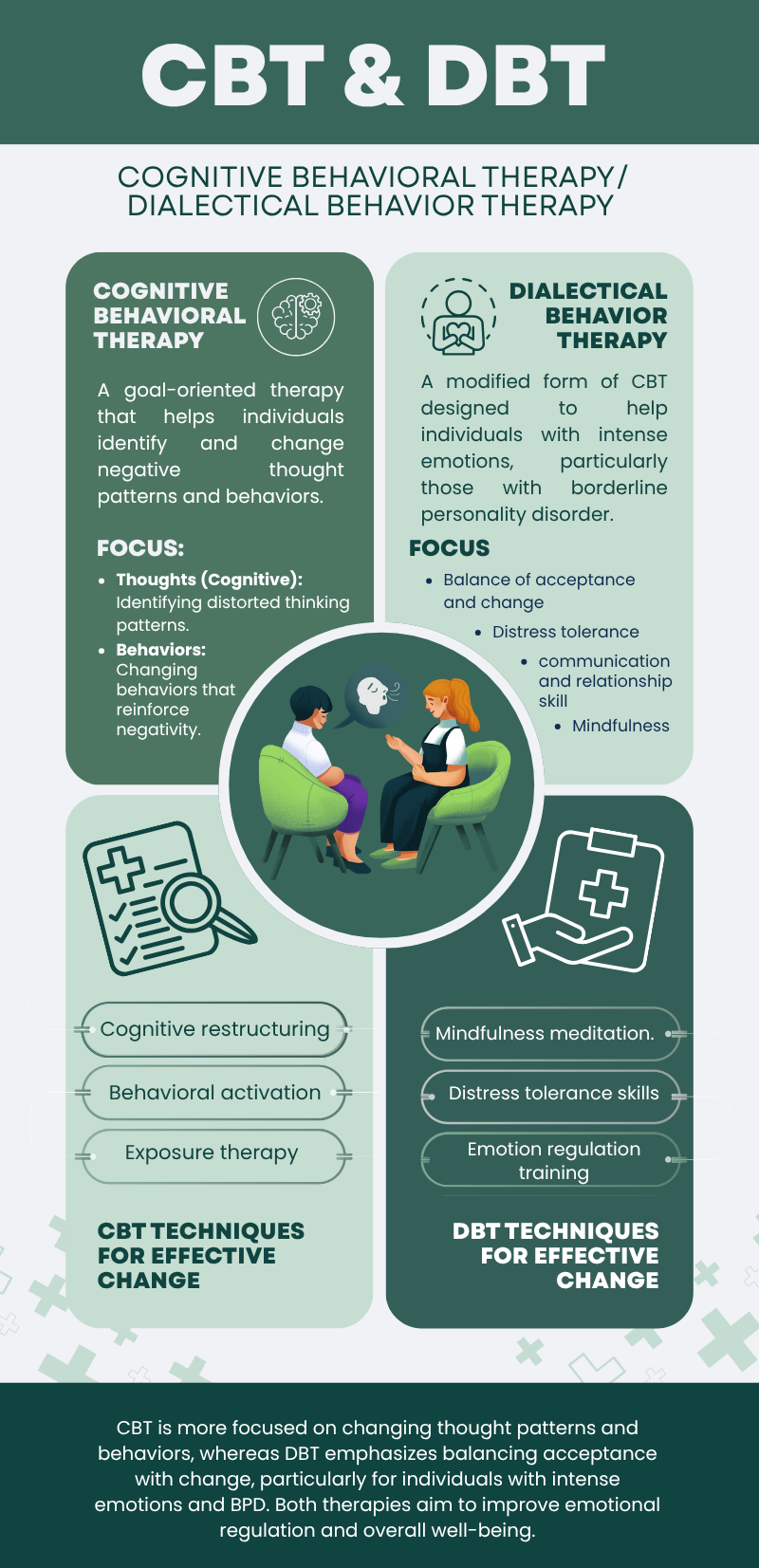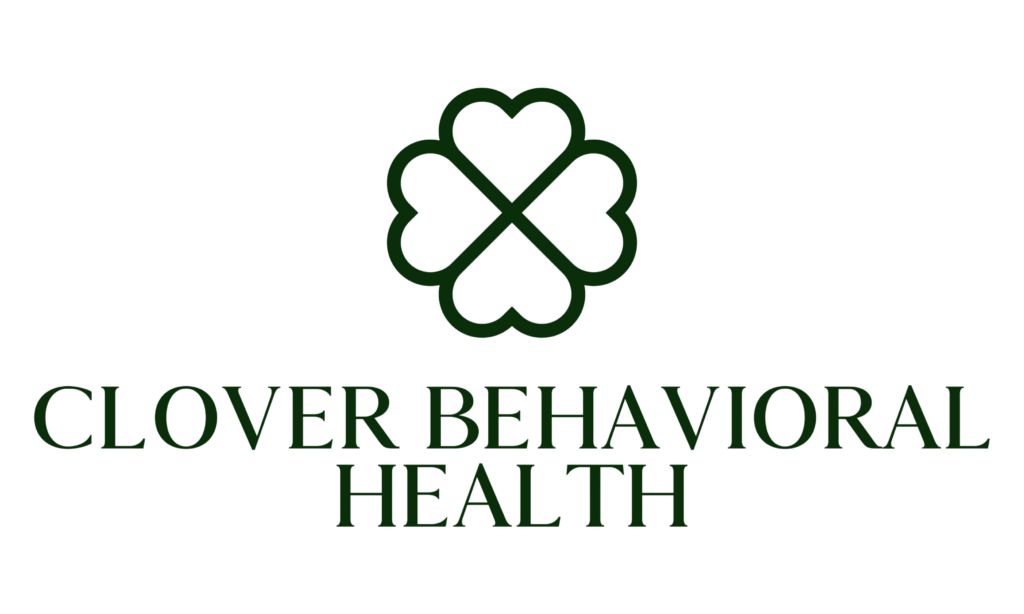Cognitive Behavioral Therapy Chelmsford: Because Your Brain Has Been Gaslighting You for Years
“The mind is its own place, and in itself can make a heaven of hell, a hell of heaven.” — John Milton
Okay, real talk.
If your brain were a person, you’d have blocked them years ago. Think about it. How many times has your brain convinced you that everyone at the party thinks you’re weird? That your partner is definitely about to split with you because they left you on read for forty minutes? That you’re going to fail at everything, so why even try?
42% of Gen Z struggles with depression. That’s nearly double the rate of people over 25. And get this: 61% of us have been medically diagnosed with anxiety.
Those numbers aren’t just statistics. They’re your group chat. Your lecture hall. Your coworkers.
Your brain isn’t broken. But it has been lying to you. And Cognitive Behavioral Therapy in Chelmsford? It can teach you how to finally call it out.
The Group Chat in Your Head Needs New Moderators
You know that constant stream of thoughts? The ones that show up uninvited at 2 AM when you’re trying to sleep?
“You’re not good enough.” “You’re falling behind.” “Everyone else has it figured out.” “You’re faking it, and everyone knows.”
That’s not wisdom. That’s anxiety with a megaphone.
CBT isn’t about toxic positivity. It’s not about pretending everything is fine when it’s not. It’s about learning to fact-check your thoughts the same way you’d fact-check a sketchy tweet before retweeting it.
The fact is that most of your negative thoughts aren’t based on reality. They’re based on patterns your brain developed years ago. Probably to protect you from something that isn’t even a threat anymore.
Almost half of Gen Zers aged 12 to 26 feel anxious often or always. More than one in five feel depressed just as frequently. We’re walking around with mental health conditions that would’ve been taken seriously a decade ago. But now? We just call it “the Sunday scaries” or “imposter syndrome” and keep scrolling.
CBT gives you the tools to interrupt those patterns. To pause and ask, “Wait, is this thought actually true? Or is my brain just on autopilot again?”
Your Thoughts Are Not Facts (Even When They Feel Like It)
Let’s try something.
Think about the last time you posted something online. Maybe it was a photo. A story. A tweet. How long did it take before you checked to see how people reacted?
Five minutes? Two? Immediately?
Now imagine someone didn’t like it. Or worse, nobody interacted with it at all. What did your brain tell you?
Probably something like this: “See? Nobody cares about you. You’re boring. You shouldn’t have posted that. Now everyone thinks you’re trying too hard.”
However, here’s what actually happened. Someone was in class. Someone was at work. It was noticed by someone who smiled and continued to scroll because this is literally what people do on social media.
Your brain picked a neutral event and made an argument about how you are unlovable.
That is what cognitive distortions do. They resemble a funhouse mirror. They twist reality until it fits whatever story your anxiety is trying to sell you.
CBT teaches you to recognize these distortions in real time:
- Catastrophizing. Assuming the worst possible outcome is inevitable. Your boss wants to talk? You’re getting fired. Definitely.
- Mind reading. Believing you know what others think about you. Spoiler: you don’t.
- All-or-nothing thinking. If it’s not perfect, it’s garbage. No middle ground allowed.
- Personalization. Making everything about you when it’s really not. The server was rude? Must be because they hate you specifically.
In therapy sessions at Clover Behavioral Health Center, you learn to catch these thoughts. Challenge them. Not with empty affirmations. With actual evidence.
You start to realize how much energy you’ve been wasting on narratives that were never real.
The Stats Don’t Lie: CBT Works!
Look, we’re the generation that grew up with WebMD. Every headache was a brain tumor. Every weird feeling was some rare disease. So, when someone tells you therapy works? You want receipts.
Here they are.
Studies show that 61% of people with anxiety disorders achieved complete remission after CBT. Complete. Not “feeling slightly better.” Not “managing.” Remission. And that rate held steady at long-term follow-up.
CBT has a 42% response rate across various mental health conditions. Depression. Anxiety. PTSD. OCD. Eating disorders. This isn’t pseudoscience. This isn’t wellness influencer nonsense.
This is decades of research backing up what thousands of people in Chelmsford have already experienced.
CBT changes lives.

How CBT Actually Goes Down (No, It’s Not Just Talking About Your Childhood)
Forget what you’ve seen in movies.
CBT sessions aren’t you lying on a couch while someone asks about your relationship with your mom for an hour. That’s not how this works. CBT is structured. Goal-oriented. Honestly, kind of practical. You and your therapist work together to:
- Identify your specific thought patterns. What thoughts keep showing up? When? What triggers them?
- Challenge those thoughts. Is there evidence for this? Against it? What would you tell a friend who had this thought?
- Replace them with healthier ones. Not fake positive ones. Realistic, balanced thoughts that don’t send you spiraling.
- Build coping skills. Real strategies for when anxiety hits at 3 AM. Or when you’re mid-panic attack in the Target parking lot.
Most people do CBT for 8 to 20 sessions. Depends on what they’re dealing with.
That might sound like a lot if you’re used to quick fixes. But think about how long you’ve been dealing with anxiety or depression. Wouldn’t it be worth a few months to actually feel better?
Ready to Take The Next Step?
At Clover Behavioral Health Center in Chelmsford, you’ll find therapists who understand. Who won’t judge you for doom-scrolling at 4 AM. Or having anxiety about climate change, your career, your relationships, and whether you remembered to lock your car. All at the same time.
You’ll find people who know that Gen Z isn’t “just dramatic.” We’re not “too sensitive.”
We’re the generation that inherited economic instability. A climate crisis. A pandemic during our formative years. Nearly 70 percent of Gen Z says the pandemic was tough on their mental health. Made them feel lonely. Concerned about the future.
Call us at 978-216-7765 to book your first session. No judgment. No pressure. Just real support from people who genuinely want to help you feel better.























